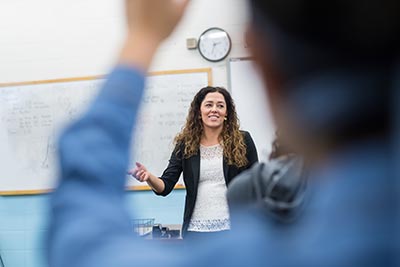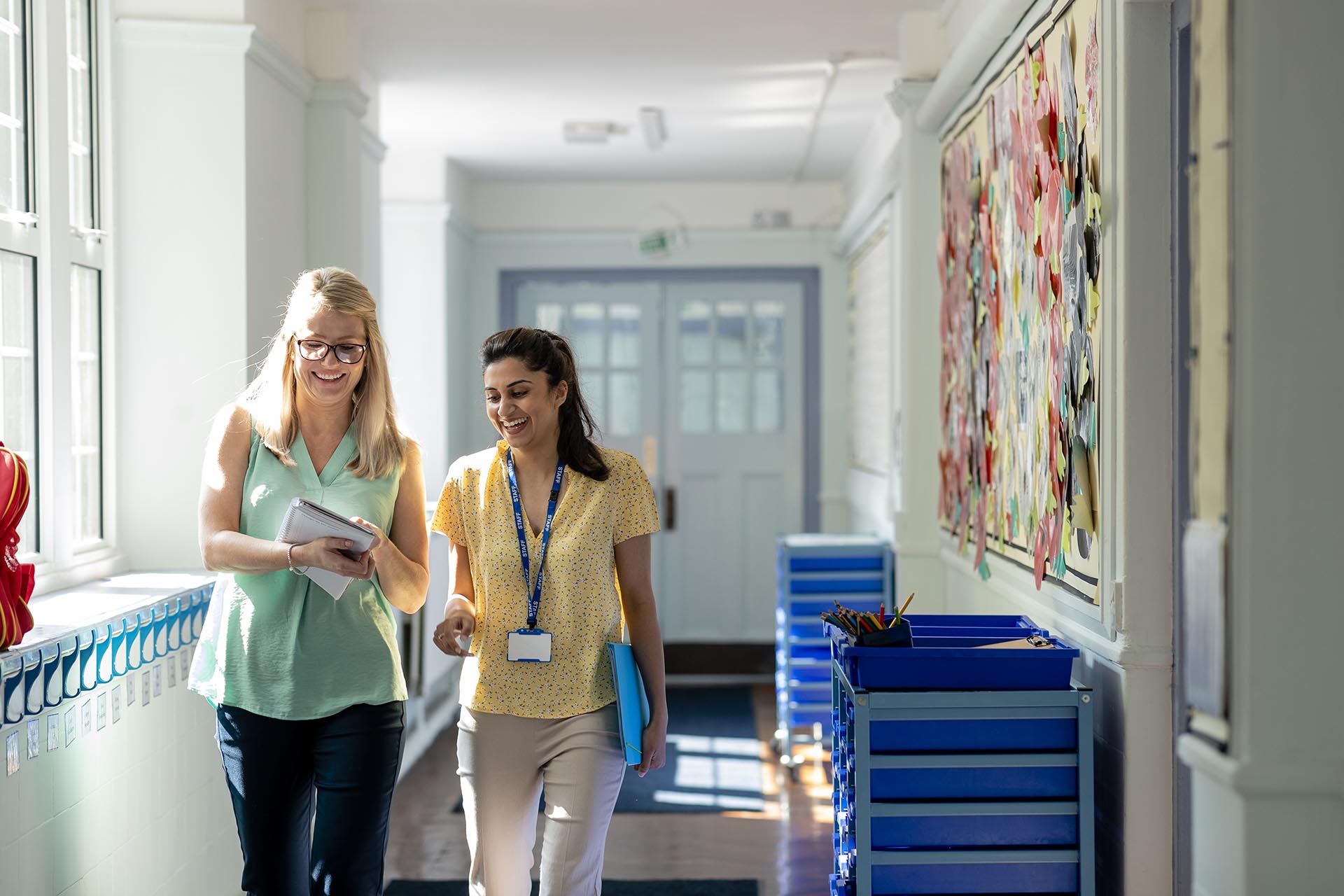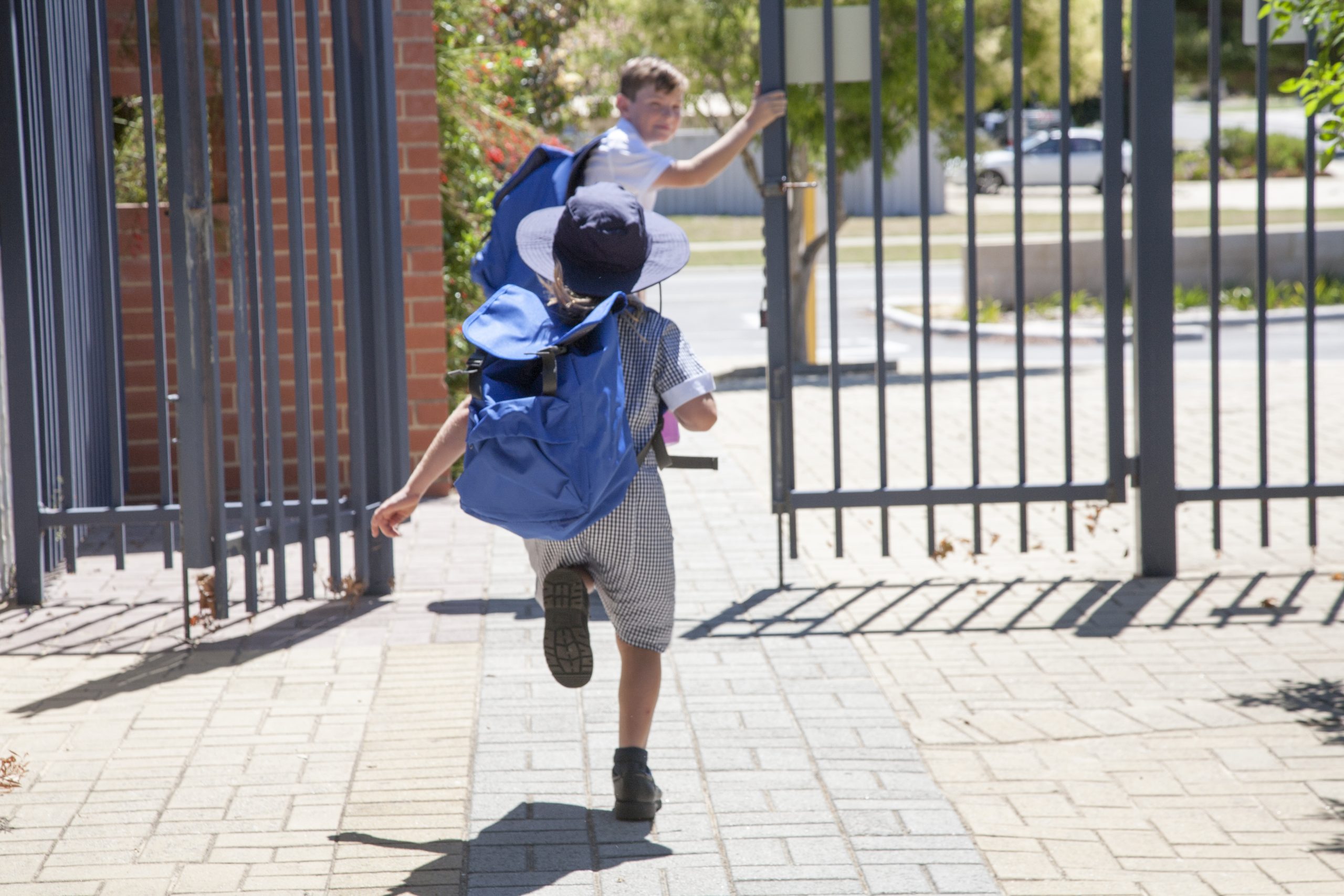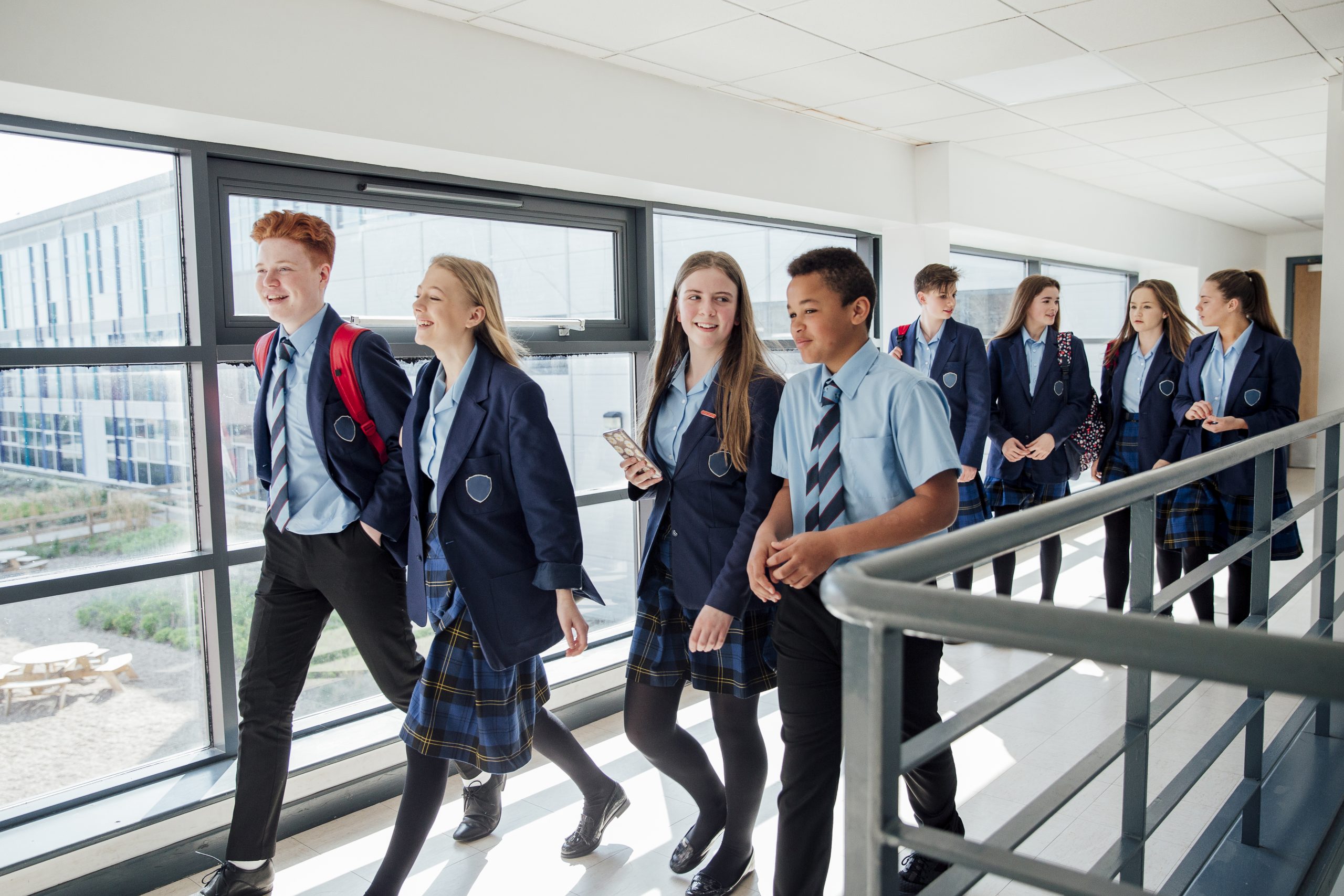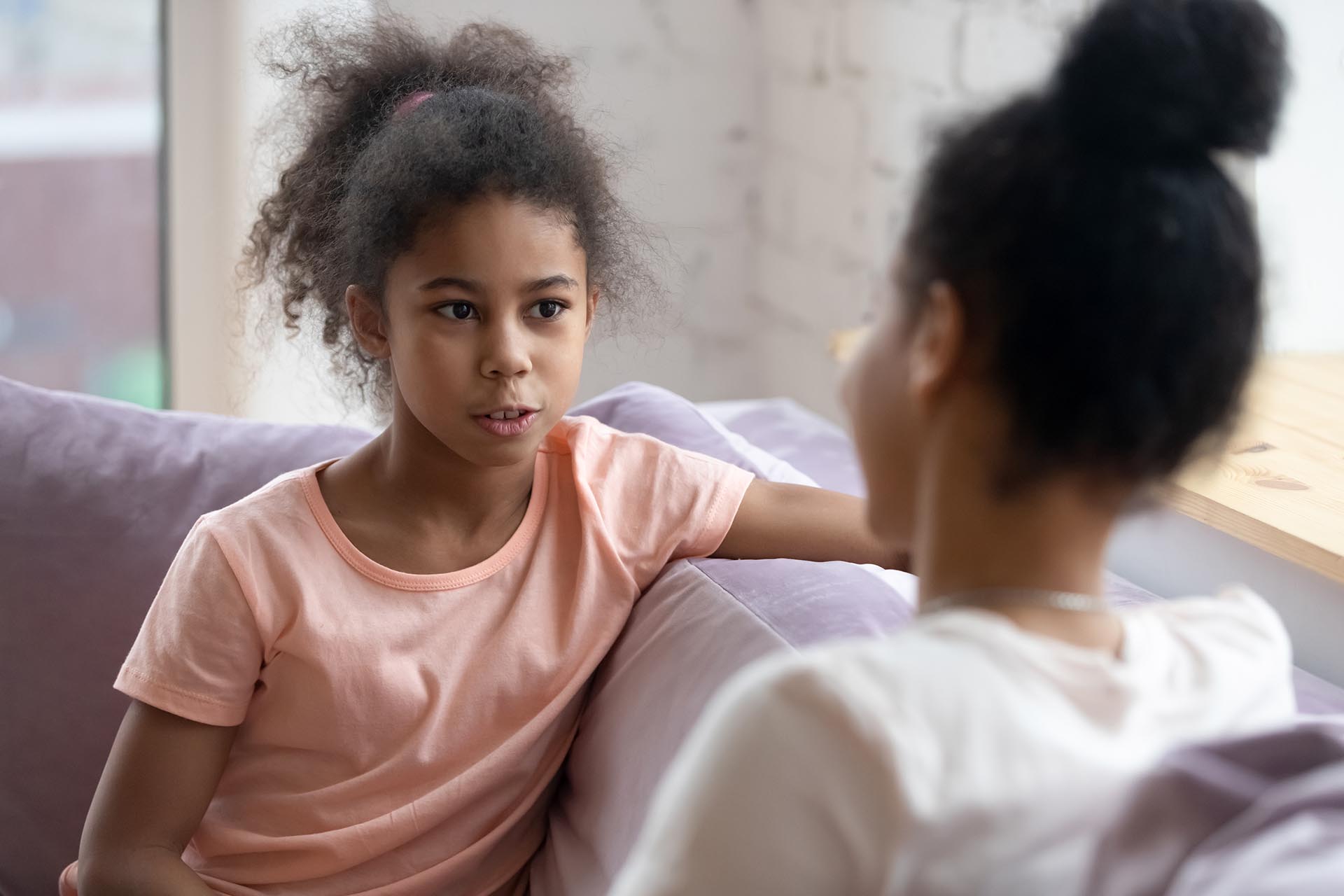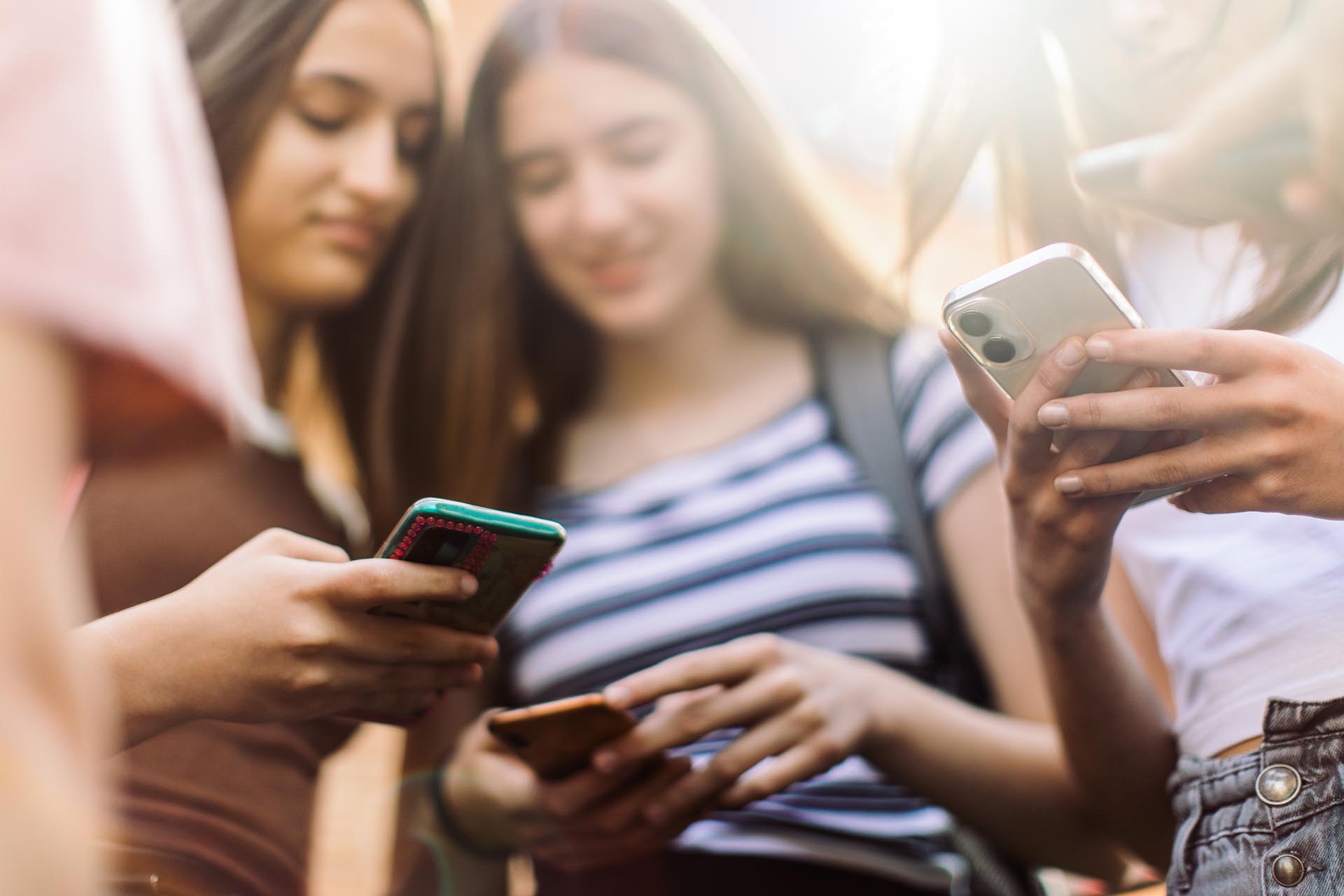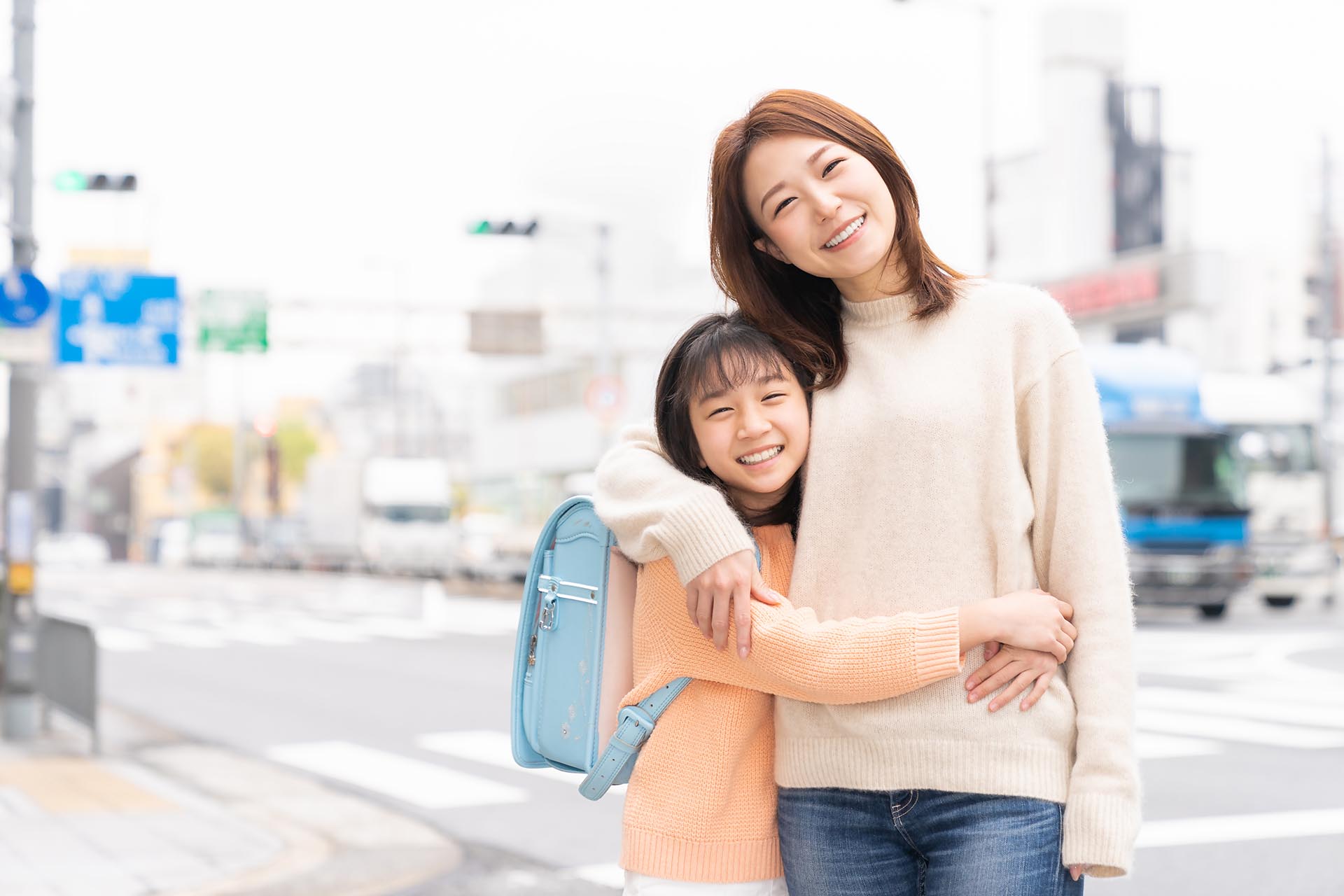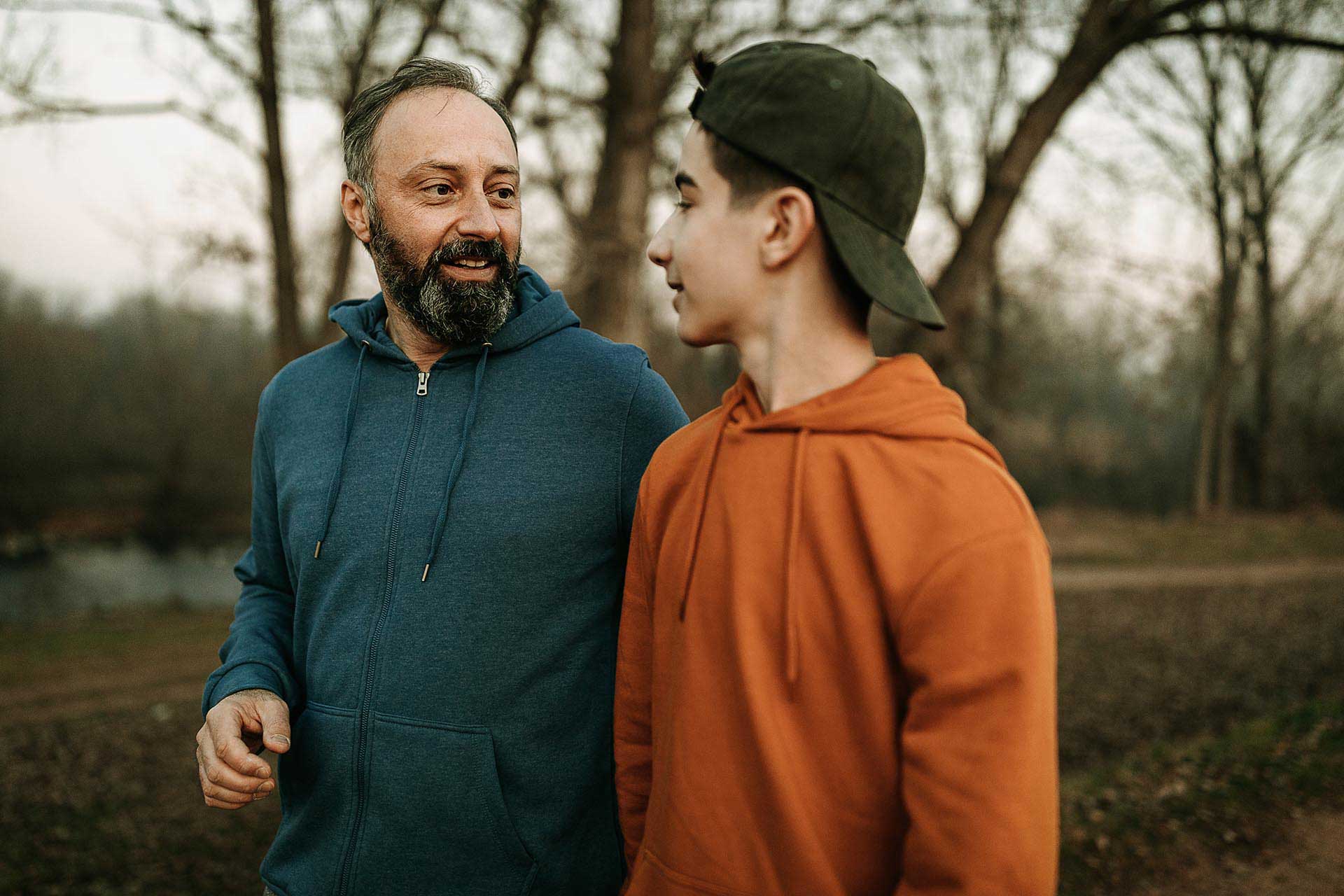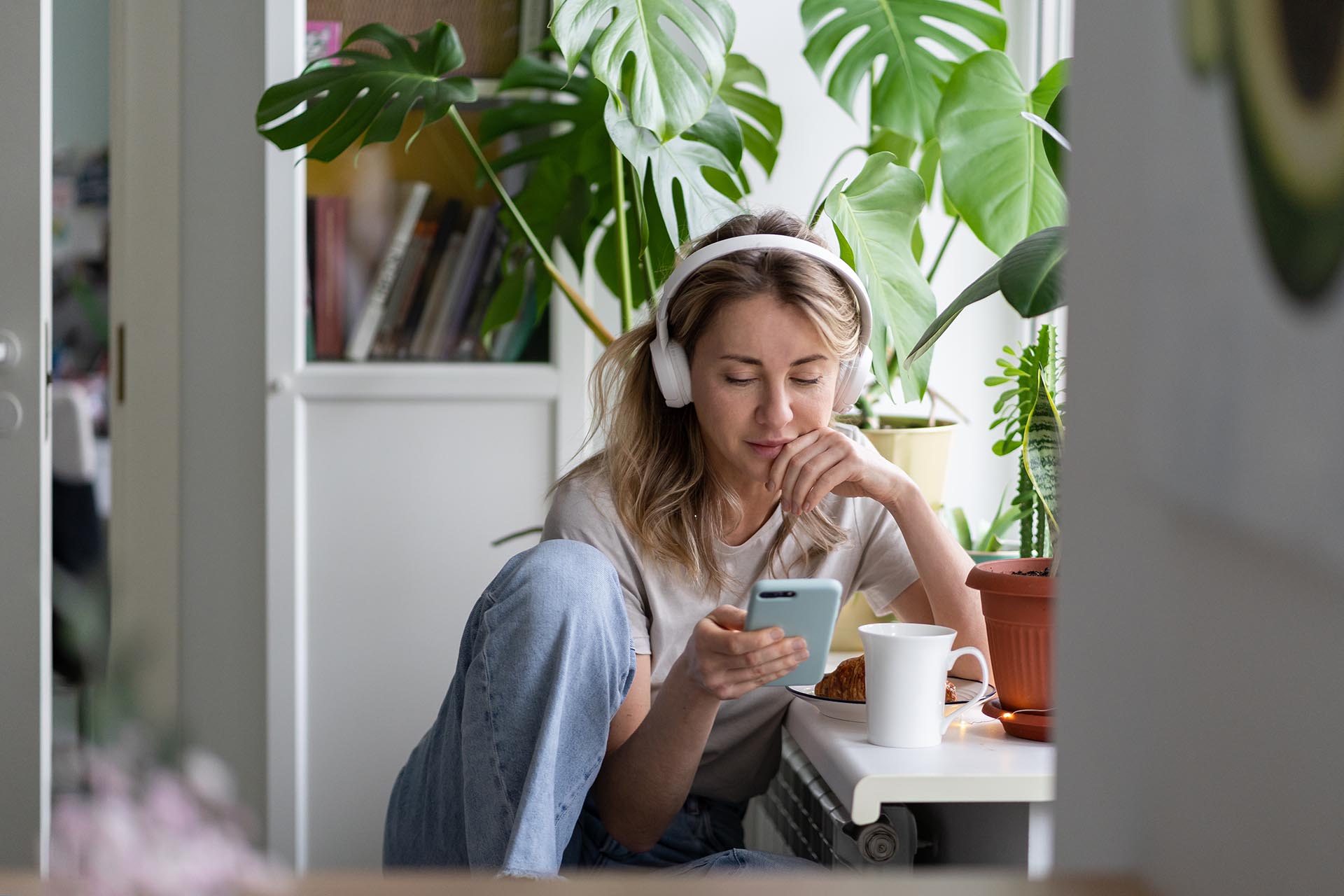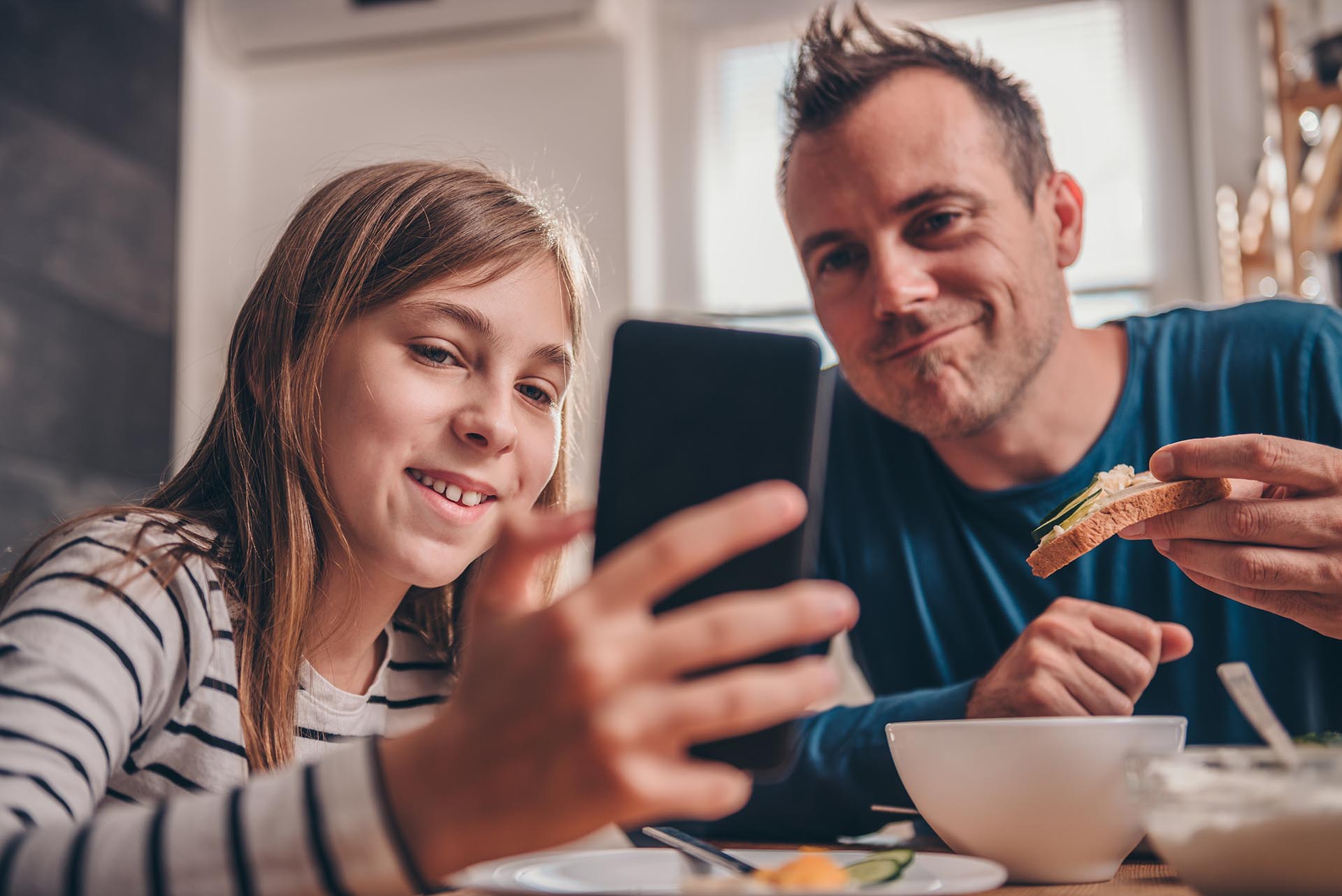A chat with our educator Vivienne Crawford
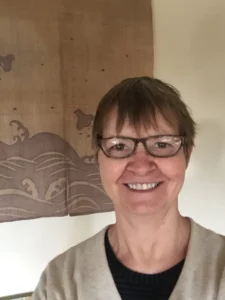
How long have you been an educator?
I’ve been with SEA for two and a half years and I was a primary school teacher for twelve years before that. I was, and still am sometimes, an educator to my two sons who are in their 30s. I have also taught at the tertiary level.
What do you like about working with young people?
Young people are curious and inquisitive about themselves and their relationships with friends and family. It’s a privilege to have discussions with them around what can sometimes be sensitive areas.
What’s the most satisfying part of this work?
The programs run over three weekly sessions, so it’s really satisfying to watch how students gain confidence over that time.
Is there anything that shocks you in the classroom?
Nothing really shocks me. I’ve noticed that young people are exposed to an ever increasing range of information that they’re trying to navigate as they get older.
What’s the weirdest question a child has ever asked you?
‘How much do breasts weigh fully grown?’
What’s the funniest question a child has asked you in the classroom?
‘Can you grow more by sleeping for 24 hours?’
What was your own sex education like?
I was in grade six, and it consisted of a black & white video in a school classroom with my mother sitting next to me. I have three older sisters so I certainly gleaned information from them along the way.
Do you remember what going through puberty was like for you?
Puberty was awkward at times, just adjusting to physical body changes and becoming more self conscious. Later on, it was exciting as I became more independent and began to form my own identity.
Did you get any of your education from places you perhaps shouldn’t have growing up?
My eldest sister used to buy these little booklets from the newsagent containing love stories; I remember reading them with great delight. Dolly magazine was also a source of information with the ‘Dear Dolly’ column.
What do you think has changed around the culture of sexuality and health education since you were young? Are things different now?
The program that I teach for SEA is very different to what I received at the end of primary school. Young people are far more aware and life can be more complicated. There is also a lot more acceptance around individuality both in regard to identity and gender.
What does pornography get wrong about sex?
It is not a realistic portrayal of what a satisfying sexual relationship can be. It’s a poor model, especially for those starting their sexual journey, and can lead to unrealistic expectations.
What do movies and pop culture get wrong about relationships?
They place pressure on people to attain the perfect romance, lifestyle or body.
How does being a parent affect your teaching?
I now realise I could have discussed a lot more with my sons about puberty. I recently became a grandmother and my passion for wanting young people to grow up informed and secure has been reignited.
If there was only one piece of knowledge you could make sure young people would come away with, what would it be?
Ensure you have trusted adults that you can talk with when you feel the need.
What do you enjoy outside of work?
I have a wide range of interests including reading, theatre, walking, cycling, yoga, creative arts practice and gardening.
What’s something non-sexuality-education/work related about you that you feel makes you a better educator?
Life experience and a questioning and wondering about who we are and how things work.
Further reading
Amaze (‘Sex Education; more info, less weird’)
Better Health (talking to children with a cognitive disability about sex)
Be You Kids Matter (promoting mental health wellbeing for young people)
Birds and Bees and Kids (tips and tools to start the sex ed talks)
Bullying No Way (proactive approach to bullying education and prevention)
Common Sense Media (information about tech, apps and games)
Every Body Curious (sex education)
Kids Helpline (supporting parents and children)
National Centre Against Bullying (help with childhood bullying)
Raising Children Network (Australian parenting website)
Sex Ed Rescue (‘Find a better way to talk to your kids about sex’)
Sexual Health Victoria (care, education, advocacy)
Student Wellbeing Hub (information for parents about bullying and online safety)
Talk Soon. Talk Often: A Guide for Parent Talking to their Kids about Sex
